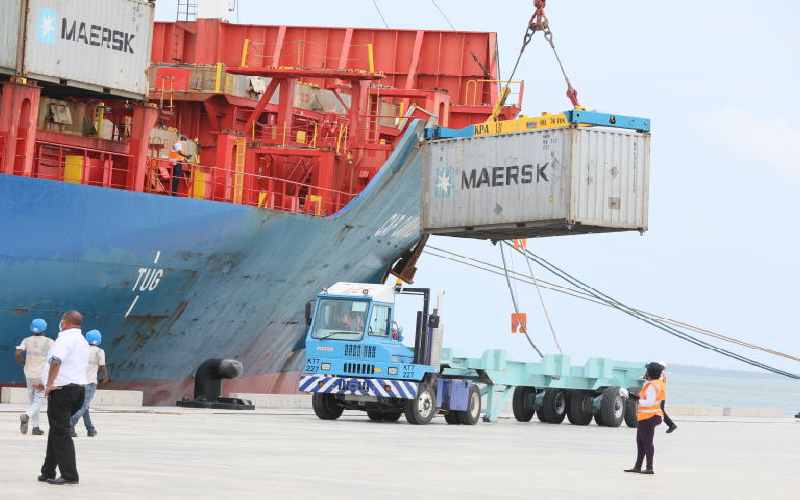×
The Standard e-Paper
Kenya’s Boldest Voice

The cargo ship, Alianco, offloads containers at Lamu Port. [Omondi Onyango, Standard]
Cargo agents have placed all the blame for port delays at the feet of shipping companies.







